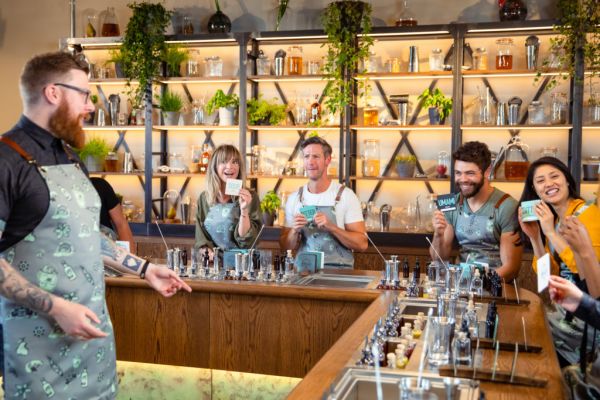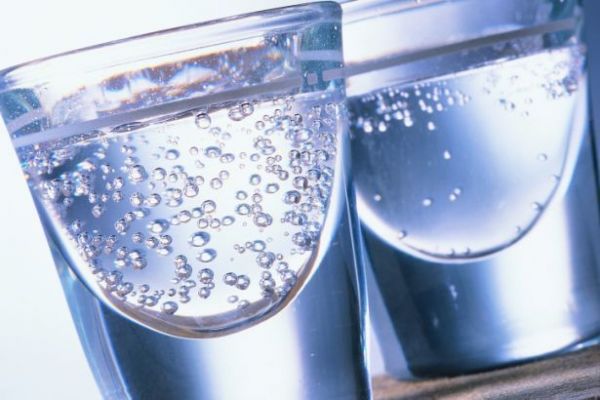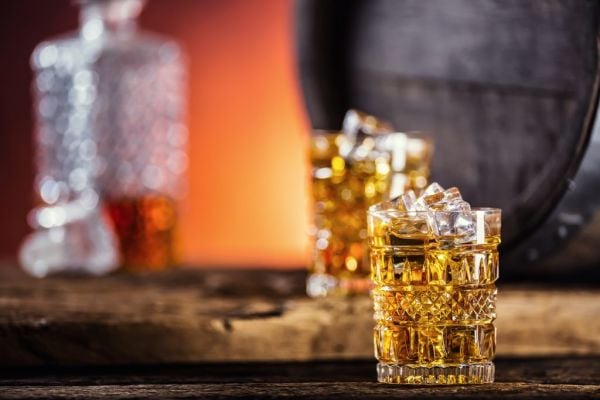Wines from Bordeaux’s 2014 grape harvest benefited from sunny picking conditions in September and are showing signs of improved quality after cool, wet weather cut yields in 2013, according to growers interviewed this month.
“2014 is encouraging,” Gabriel Vialard, technical director of Chateau Haut Bailly in Pessac-Leognan, said at a trade event in Brussels 11 February. “It’s a very smooth vintage.”
The improved outlook for 2014 wines, due for presentation to merchants in early April, coincides with signs of renewed appetite for vintages from the earlier part of the past decade. “We feel better about 2014,” Matthieu Cuvelier, manager of the Clos Fourtet estate in Saint Emilion, said at the Brussels event. “There’s structure, we’re really happy, there’s a richness. It was a lot of work.”
Clos Fourtet, situated on a limestone plateau close to the centre of the town of Saint Emilion, saw its yields drop below 20 hectolitres a hectare in 2013 following the adverse growing conditions from a recent average of about 35 hectolitres.
“We got back to 38 hectolitres for the 2014s, which is a good level,” Cuvelier said, even as significant quantities of grapes which ripened unevenly had to be left out of the wine.
While Clos Fourtet produces 55,000 bottles on average a year for its Merlot-dominated main wine from an 18.5-hectare (45.7-acre) vineyard, Haut Bailly makes 80,000 bottles of its flagship label from 30 hectares of vines.
“The Cabernets are magnificent,” Haut Bailly’s Vialard said. Cabernet Sauvignon accounts for 64 per cent of grapes planted in its estate and Cabernet Franc 6 per cent, with Merlot making up the remaining 30 per cent, a classic left-bank balance.
At Château Gruaud Larose, a Saint Julien estate north of Bordeaux ranked as a second growth in the 1855 classification, Sales Director David Launay said yields in 2014 recovered to 43 hectolitres a hectare after dropping as low as 27 hectolitres.
Bloomberg News, edited by Hospitality Ireland









